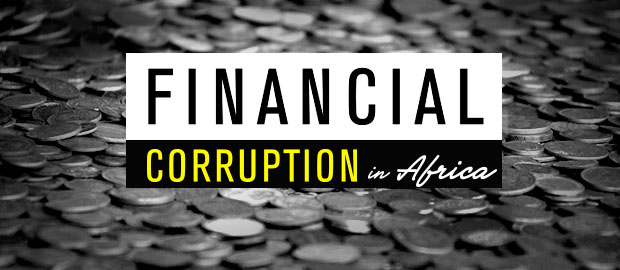
The African continent generates massive amounts of money. You don’t believe me, right?
Well, it’s true. It’s been said that 60% of these funds generated from natural resources, government revenue and official development assistance leave the continent and ends up financing private wealth in offshore financial centers.
These centers thrive on the tradition of banking secrecy and can be found in London, New York and Paris.
Corruption affects the poor directly since it increases the price for public services, lowers its quality and often restricts poor people’s access to water, education, health care and many other key services.
It also distorts poor people’s relationships with and trust for public officials, the police and people in authority who extort bribes from them.
Corruption thrives in an environment where power of individual members of society measured in terms of access to people in power and financial resources supersedes the rule of law.
The poor lack power and thus lack opportunity to “make it” in such a society. They are more vulnerable to extortion and cannot use corruption in their favor.
However, corruption also hurts the poor indirectly because corruption is an impediment to economic growth, reinforces inequality, distorts public expenditure allocation and through many other channels is an obstacle to poverty alleviation.
Huguette Labelle made these comments….
What is your thinking; do you feel you’ve been affected by corruption?

